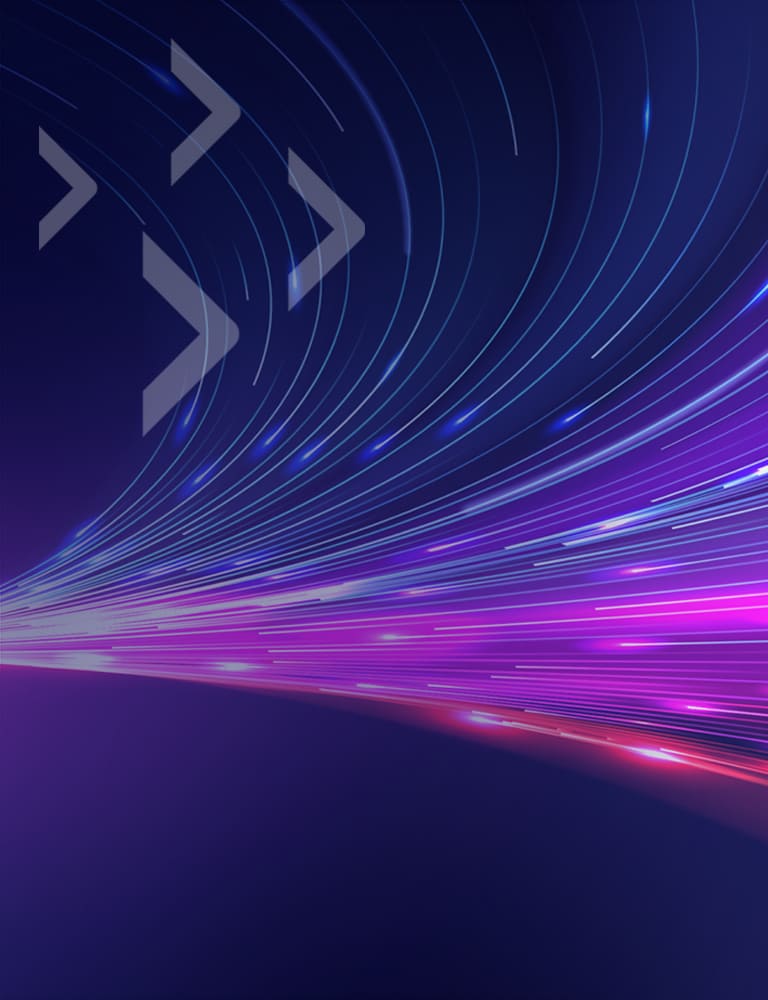The Growing Impact of IoT in Agriculture and the Rising Demand for Skilled Professionals
- Internet of Things
The integration of Internet of Things (IoT) technology in agriculture is revolutionizing the industry, making farming more efficient, sustainable, and productive. This transformation is driven by various IoT applications that enhance precision farming, livestock monitoring, and crop management. As the global IoT in agriculture market is projected to reach $71.92 billion by 2033, growing at a CAGR of 13.57% from 2023, the demand for professionals with expertise in IoT devices and technology is also on the rise.
IoT Applications in Agriculture
IoT technology is being utilized in numerous ways to improve agricultural practices. Precision farming, for instance, uses IoT devices to monitor and manage crops with high accuracy. Sensors placed in fields collect data on soil moisture, temperature, and nutrient levels, enabling farmers to optimize irrigation and fertilization processes. This not only increases crop yields but also reduces resource wastage.
Livestock monitoring is another critical application of IoT in agriculture. Wearable devices equipped with sensors track the health and activity of animals, providing real-time data to farmers. This helps in early detection of diseases, improving animal welfare and productivity. Additionally, IoT-enabled smart greenhouses use sensors and automation to control environmental conditions, ensuring optimal growth conditions for plants.
The Growing Market and Demand for IoT Professionals
The rapid adoption of IoT in agriculture is creating a significant demand for skilled professionals. According to BIS Research, the global market for IoT in agriculture is expected to grow substantially, highlighting the need for experts who can develop, implement, and manage IoT solutions. This trend is particularly evident in India, where the agricultural sector is a major part of the economy.
India is witnessing a surge in agritech startups that are leveraging IoT devices to enhance farming practices. Companies like CropIn, Fasal, and Gramophone are using IoT technology to provide farmers with actionable insights and improve their productivity. As these startups grow, the demand for professionals with IoT expertise is increasing, creating numerous job opportunities in the sector.
FutureSkills Prime: Bridging the Skill Gap
To meet the rising demand for IoT professionals, platforms like FutureSkills Prime are offering specialized courses and pathways. FutureSkills Prime provides comprehensive training in IoT technology, covering everything from the basics of IoT devices and networking to advanced data analytics and security. These courses are curated by industry experts and are designed to equip learners with the skills needed to excel in the field.
FutureSkills Prime also offers certifications that are recognized by employers, enhancing the employability of learners. By providing hands-on experience and practical knowledge, these courses prepare individuals for various roles in the IoT ecosystem, such as IoT specialists, developers, and consultants.
In conclusion, the integration of IoT technology in agriculture is driving significant advancements in the industry, making farming more efficient and sustainable. As the market for IoT in agriculture continues to grow, so does the demand for skilled professionals who can harness this technology.
Reference –

